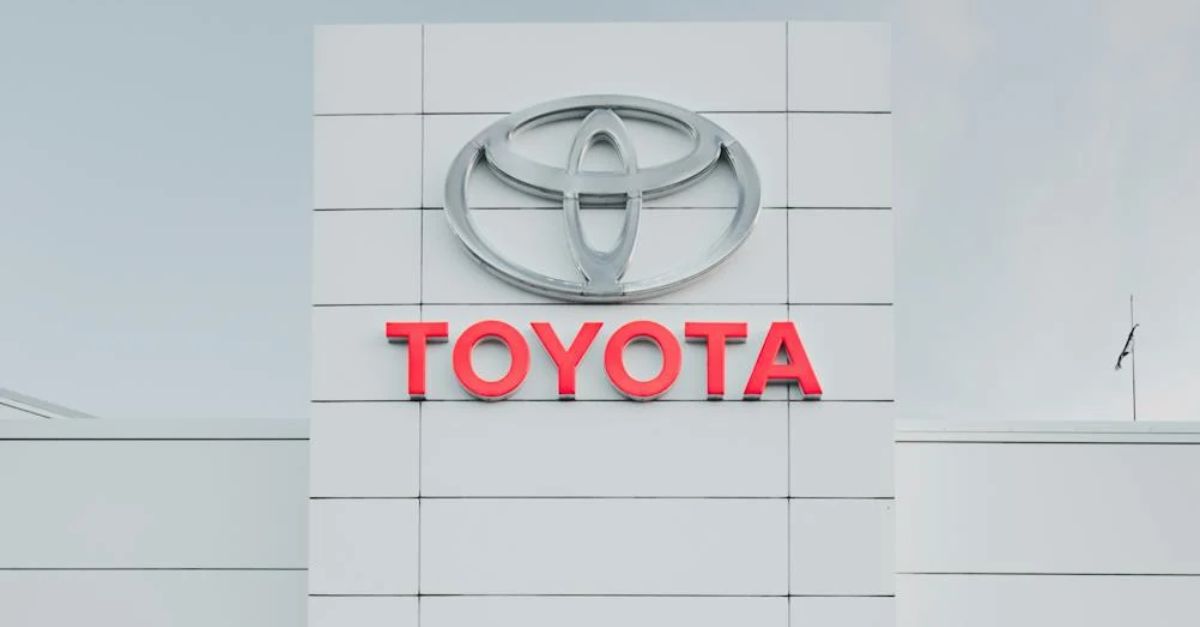Believe it or not, there are some sick puppies out there looking to make a fast buck off the COVID crisis. A bad time for honest people is usually a good time for scammers -- and this has proven to be no exception. So let’s take a look at three seriously messed up COVID-19 scams. Be on the lookout for people trying to separate you from your hard-earned money!
Stimulus Scams
Unemployment claims in the U.S. have hit record highs in recent weeks as non-essential businesses shut down and furlough their employees. In response, the federal government has announced a stimulus package -- $1,200 checks to tide people over.
Enter scammers. They’re taking advantage of this situation by impersonating the IRS, calling (or emailing or texting) to ask for your banking information so they can deposit your stimulus check.
Obviously, you don’t want to play that game. The real IRS would never ask for your private banking information in such a sloppy way.
Fake Masks
Ever since this crisis began, there have been shortages of several essential health and wellness products. One reason is private citizens hoarding; another is federal and state governments trying to direct the flow of critical supplies to areas where they’re most needed.
A good example of the latter is the N95 medical mask. These are in high demand as people all around the world work to stem the spread of the virus. However, basically all N95 masks in the United States have been stockpiled for use in hospitals.
You may be surprised, then, to see people selling N95 masks online. Don’t click. It’s a scam. And even if it’s not, these masks should be reserved for those who really need them at this time.
Work From Home
Some people work from home, and that’s entirely legitimate. (I’m doing it right now!) But given how many people are out of work right now, some scammers have taken to creating bogus job ads.
They promise you can apply easily, work from home, and start today. It’s a promise that’s too good to pass up for millions of Americans who are out of work and feeling the pinch. But then your new employers start pestering you to send them money for training or orientation.
Obviously if anyone offering you a job wants you to pay them… it’s a scam.







